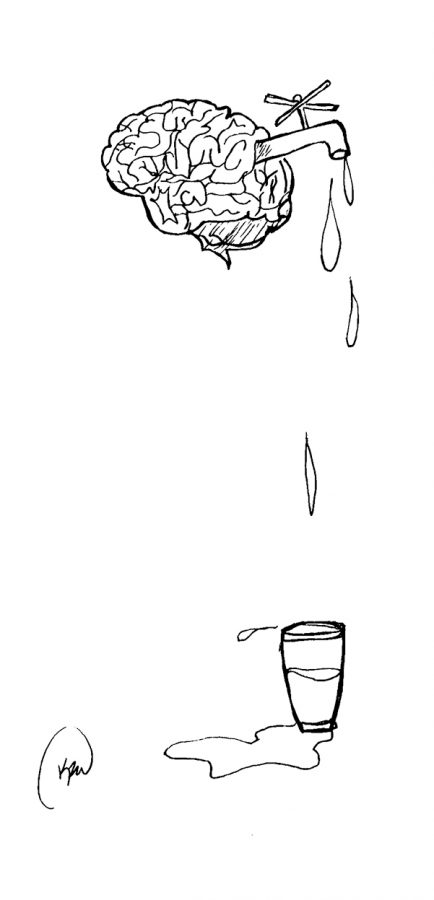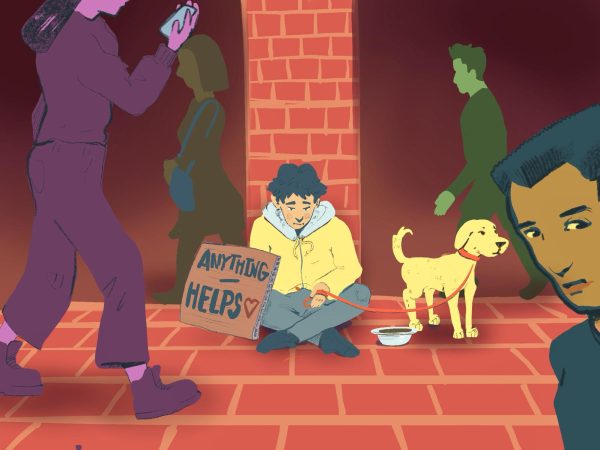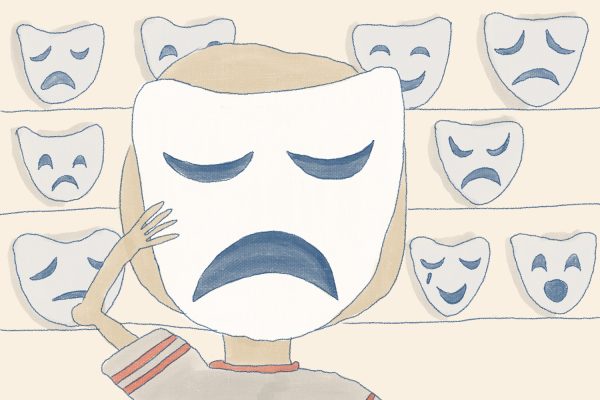Mental health care will start with the next generation
October 24, 2019
We need to teach our youth to take care of their mental health in order to end the stigma around talking about mental illness.
One in five U.S. adults experience mental illness each year, and one in six U.S. youth ages 6-17 experience a mental health disorder each year, according to a September 2019 National Alliance on Mental Health article.
The best way to help young people is by treating mental health the way we treat language, cognitive and physical development.
We need to equip young students with skills they need to deal with their mental health while also destigmatizing it.
In order to do this, we need to train elementary teachers on mental illnesses and how they can encourage healthy behaviors.
Teachers giving occasional assignments where students write in a journal about how they are feeling that day could help students to learn how to openly express their emotions.
If kids don’t know how to express their emotions, the risk of long term consequences such as underperformance in academics, higher risk of substance abuse and physical violence, according to a February 2018 Greater Good of UC Berkeley article.
More providers in schools who can detect early signs of vulnerability to various mental illnesses set the child, caretaker and schools up for success by adapting to children’s needs.
For example, if a student is having anger issues, punishing them with harsh verbal discipline will actually lead them to worse mental health and behavioral problems, according to a Jan. 1 Harvard Health Publishing article.
Instead, the article suggests adults should set clear limits, maintain consistency, have predictable and clear consequences for breaking the rules and reinforce good behavior.
Teachers should also be aware of behaviors and warning signs of serious concerns, such as a student who displays intention to harm themselves or others.
It’s important for teachers to look for these signs, not just parents. Kids spend the majority of the year in school, and therefore teachers have a lot of opportunities to spot struggling students.
Teachers are reliable adults who can help kids live a more successful and healthy life.
Some people argue that working with students on their mental health would be coddling and would lead to them to be unable to take care of themselves in the long term.
It is necessary for kids to have age appropriate talks about emotional and mental well being because not talking about it or addressing it until high school can be detrimental.
My school district didn’t talk about mental illnesses until I was in high school.
By that age, students are likely to have only seen or heard of mental illnesses second hand.
Students then have a stigmatized idea of mental illness and may not be able to understand their mental health issues, accept them or ask for help.
Helping the next generation with their mental health is essential to creating a happier and healthier future.
















![Can’t buy me [self] love](https://vtcynic.com/wp-content/uploads/2024/04/self-care-FINAL-600x398.jpg)
